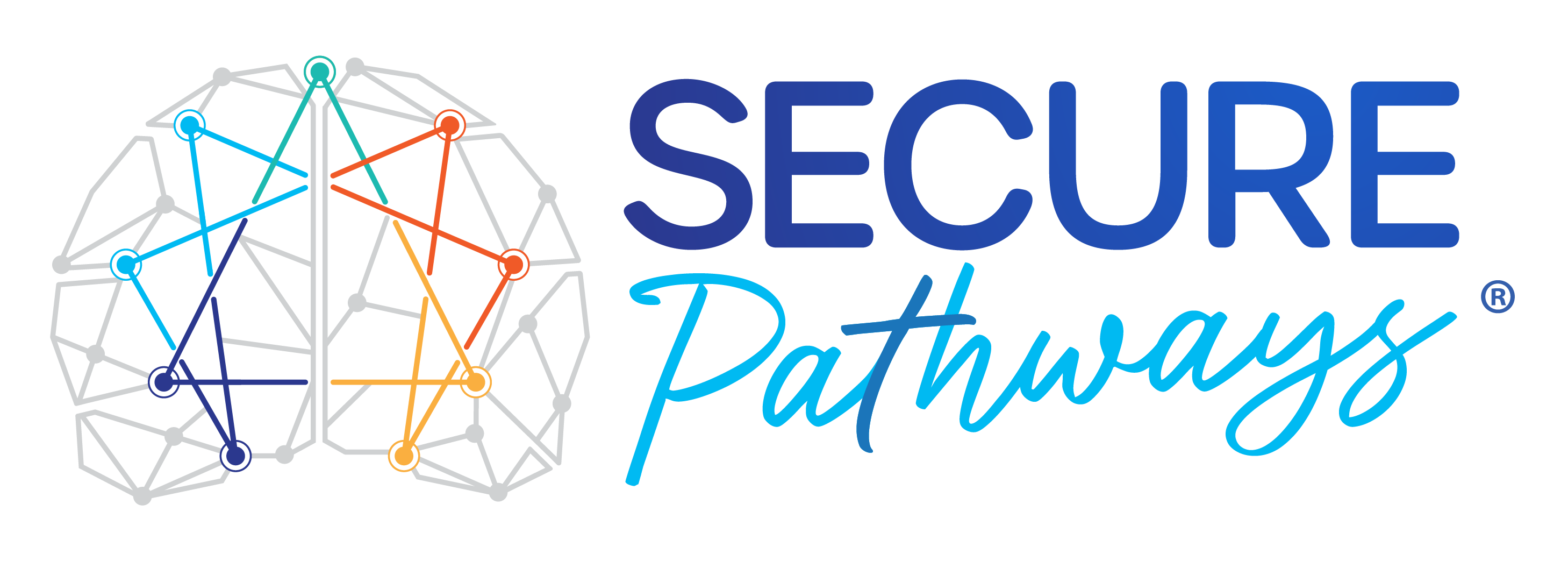As a type 3 on the Enneagram, I like to be in control. I like to control my situation or environment and I like to be in control of my emotions. When I know what to expect, I can be efficient. Efficiency leads to productivity. Productivity feels like success and keeps failure far away. (If you are not a 3, welcome to the mental world of a 3.) Knowing what makes us (everyone, not just type 3s) feel or act unsettled is really important in life and especially in parenting. When someone blocks my goals, I get frustrated. If you are a parent, you know how often children have needs and how their needs (to be fed, to be soothed, or to go out to play or to be driven to an activity) often occur when we have things we want or need to do. You see how this could lead to frustration for some parents (and not just type 3s), at least at times.
You may have the patience of Job and maybe you do not have a reaction when your children need you to help them work through a sibling conflict when you are trying to get ready for work or an appointment. I admit that I can get frustrated with my kids (and my husband). I even get angry in some situations. Can anyone else relate? Or maybe you lose your cool when your teenager accuses you of something (not caring enough, being a bad parent, not listening to them, etc) because maintaining a good relationship with them is so important to you or maybe that upsets you because being right or good is important to you. Frustration or anger may bubble up when you see your oldest child picking on a younger sibling because you worry about safety or maybe the anger surfaces because it is not fair for a bigger child to use their size to intimidate their younger brother or sister. There are probably parenting moments that upset you and also where those around you may be able to tell you are not pleased.
I talked last week about things that might preoccupy us as parents so we are unable to attune to our children or be attentive to their needs. Parental preoccupation leaves kids feeling unnoticed or alone. This week we are exploring when our behavior or emotions start to get too big or out of control. We call this dysregulation. If you have even seen a toddler have a temper tantrum, you have seen dysregulation! Anxiety may seize our heart and we become indecisive or afraid and our children may sense that we are acting timid or weak. This is also dysregulation because our emotions override our ability to respond in a calm manner and keep our actions under our control. If our anger or frustration overwhelms us, it can often leak out in front of our kids or maybe even get directed at our kids. These situations can be scary for children of all ages. They can cause shame and guilt and remorse for us. It can also cause other people to walk all over us or respond in kind to our elevated voice or emotions. Dysregulation can make family dynamics challenging!
Internal Dysregulators:
- Mental health issues (mood fluctuations from Bipolar Disorder, irritability from depression, personality disorders)
- Your own strong emotions
- Anger problems
- Trauma reactions that get triggered, especially if you feel unsafe
- Unresolved grief that leads to panic
- Substance abuse that results in irritability or aggression
External Dysregulators:
- Children’s intense emotions or reactions
- Marital or Partner conflict or domestic violence
- Family-of-origin environment that included a lot of yelling or aggression
- Being treated unfairly, hurt, criticized, or put-down by others
- Other people not doing their part or letting us down
- Negative or stressful circumstances (overwhelm from things outside your control)
As I was writing temper tantrum above, I made a typo that read “tempter” tantrum. Well, maybe God is trying to say something here?! While God created us to have thoughts and emotions, He did not intend for those to lead to being frightened or being unkind or frightening to our children. This typo has me thinking of how satan might use our strong feelings or our unmet desires to lead to negative thoughts or behaviors that move us from having an experience (that may feel quite unpleasant) to giving in to sinful or harmful thoughts or behaviors. It may not feel like we are “giving in”–it may feel like we are having an automatic reaction. But, my friend, let’s be honest…that is a lie. Acting out in a negative way is not an automatic response, it is controllable.
We see in the story of Cain and Abel that Cain’s anger is very strong and God warns him to exercise self-control over his anger because “sin is crouching at your door; it desires to have you, but you must rule over it” (Genesis 4:6-7, NIV). If you know the rest of the story, you know that Cain, unfortunately, did not exercise control over his anger and murdered his brother out of jealousy. While the anger was not described as sin, the violent behavior certainly was classified as sin. Let’s consider God’s warning that when we have strong emotions, we need to be careful to “rule over it.” Lord Jesus, please help us to control our emotions and not allow them to lead us to sin (hurt someone’s feelings, make passive-aggressive comments, grumble against others, blame someone for our responsibilities or behaviors, yell at our kids, be disrespectful to authority, etc.)
Let me share a Bible story about a man who was tormented and dysregulated but was still loved and healed by Jesus. This story comes from Mark 5:1-20 (and also Luke 8:26-39 and Matthew 8:28-34). Jesus and his disciples were sailing across the Sea of Galilee to a Gentile region called the Decapolis. The Greek people living in this region were not Jewish and had different beliefs and practices. There was a man living in the tombs (most likely living in a cave with dead bodies), naked, broken free from chains, crying out, and cutting himself with stones. This man was totally dysregulated and out of control due to the demons who were possessing him. People were afraid of the man and he was totally isolated and ostracized.
As soon as Jesus stepped out of his boat, the man ran and fell down before Jesus and shouted “What do you want with me, Jesus, Son of the Most High God?” Jesus had commanded that the evil spirit come out of the man. The demons, who called themselves Legion (which is a Roman army of 3,000 to 6,000 soliders) recognized Jesus’ power and begged Jesus not to torture them or send them out of the area. There happened to be a herd of pigs nearby. Note that Jews did not own pigs because they were considered unclean. Greeks were living in this area and they had no problems with pigs, but they did have a problem with Jesus when he allowed the demons to go into the herd. All 2,000 pigs ran off a cliff into the lake and drowned.
When the people heard what happened and saw the previously possessed and dysregulated man sitting there dressed and in his right mind, the people were afraid and pleaded with Jesus to leave. As Jesus was getting into the boat, the no-longer-demon-possessed man asked to go with Jesus, but He sent him home to his family so he could tell them how much Jesus did for him and how He had mercy on him. The man was obedient and told in the Decapolis what Jesus had done. All the people were amazed (and were primed and welcoming when Jesus returned another time). Jesus healed the man and also sent him to be reconciled with his family and community. This man then told many people about Jesus.
Jesus called it like it was–He wasn’t afraid of the ugliness. The demon-possessed man ran toward Jesus as soon as his boat landed. Jesus moved toward the dysregulated man and saw him for who he really was behind his outward behaviors. Jesus redeemed this man and the man told many others about Jesus.
The Lord welcomes us, too, to come to Him when we struggle, overreact, lash out, let anger or fear or shame overcome us, or act ugly. He offers us forgiveness and redemption.
“Come close to God, and God will come close to you.”
- James 4:7-8 (NLT)
“Let us then approach God’s throne of grace with confidence, so that we may receive mercy and find grace to help us in our time of need.”
- Hebrews 4:16 (NIV)
This is such good news for us! May we all be compelled to approach the One sitting on the throne of grace.
Questions to Ponder:
What typically creates dysregulation for you? Consider from where this dysregulation comes.
How do your children react when you become dysregulated?
How does your dysregulation get in the way of parenting your children and being attentive to them?
If you truly believed that Jesus wants you to come to him with your intense emotions and hurts and mistakes, how would that change your ability to engage with and enjoy your children or other people?
Want weekly parenting, faith, psychology, and Enneagram content delivered weekly to your inbox?
Citations:
The Holy Bible, New International Version (NIV). (2011). Biblica, Inc. (Original work published in 1978.)
The Holy Bible, New Living Translation (NLT). (2015). Tyndale House Publishers, Inc.



